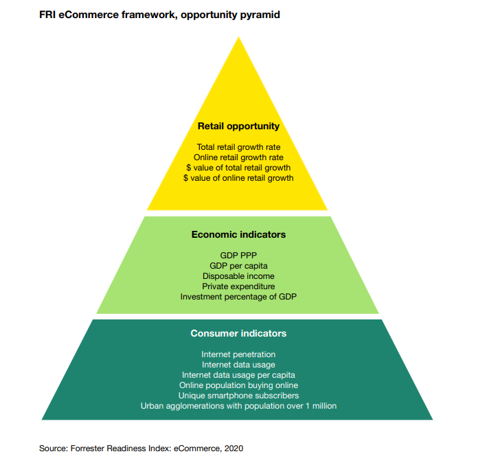
Brief:
- Apple updated its App Store Review guidelines to let apps send advertising as push notifications. However, the iPhone maker is requiring app developers to seek explicit permission from consumers to receive those notifications and allow them to opt out, 9to5Mac reported.
- Apple also is requiring app developers that use third-party or social login services to also offer “Sign In with Apple” by April 30. The privacy-focused authentication method lets Apple users automatically log into multiple apps while using the same Apple ID. The rule applies to apps that use services such as Facebook Login, Google Sign-In, Sign in with Twitter, Sign In with LinkedIn, Login with Amazon or WeChat Login, per the guidelines.
- Apple also requires app developers to use its official application programming interface (API) to gather customer reviews and ratings that appear in the App Store. The API lets customers provide reviews without having to leave an app, and Apple will disallow custom review prompts, per the guidelines.
Insight:
Apple’s new guidelines on marketing push notifications are a positive development for mobile marketers that seek to reach consumers with targeted ads on Apple devices. Because Apple will require app developers to seek the permission of consumers to receive ad messages, marketers can reach a self-selecting customer group that’s most amenable to those notifications.
The key challenge will be to stand out among mobile push notifications that include everything from alerts about flight delays to package shipping status to breaking news. Mobile push notifications have an open rate of only 5% because of clutter, per a study by marketing platform Acoustic. Marketers also need to avoid excessive push notifications that annoy customers and lead them to opt out of future messaging. The No. 1 reason mobile users delete apps stems from receiving too many and irrelevant notifications from brands, mobile marketing platform Leanplum found in a separate study.
Apple’s policy change follows two incidents when the company sent out push notifications that resembled ads, bending its rules on notifications, The Verge reported. By allowing more apps to send ads in opt-in notifications, the iPhone maker can help to immunize itself from accusations that it has an unfair market advantage by controlling its platform. As the tech giant faces greater antitrust scrutiny for its control of the App Store, Apple needs to be mindful of policies that apply equally among all app developers.
Apple’s new rule requiring app developers that use third-party or social login services to also offer “Sign In with Apple” is aimed at consumers who don’t want companies like Facebook and Google tracking app usage. The policy may affect their ability to collect data about users for improved ad targeting, which would have a negative effect on marketers. Apple’s policy is in line with past efforts to protect user privacy, which Apple CEO Tim Cook has described as a fundamental human right. For several years, he has criticized Silicon Valley companies for their privacy failures, even before the Cambridge Analytica scandal engulfed Facebook.

